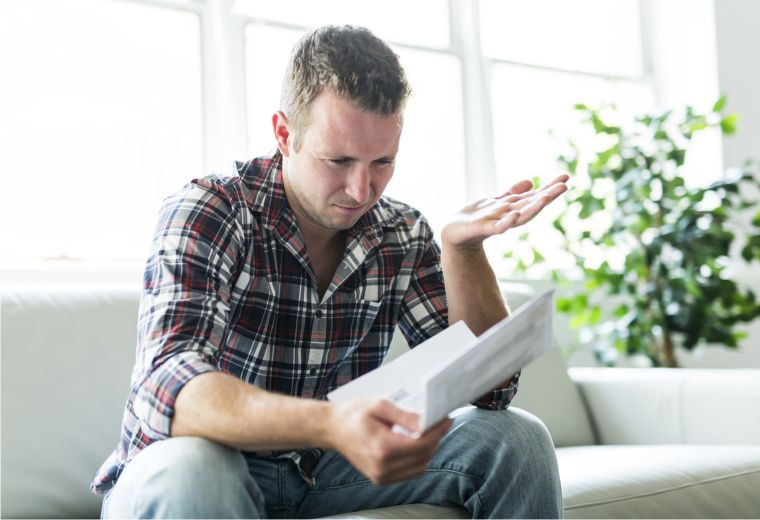Thousands of number plates are being copied by gangs who then rack up speeding fines and congestion charges while using the cloned plates.
In some cases criminals fill up cars with fuel and drive off without paying, while more serious offences include ram raids.
A leading police officer is now calling on car manufacturers to “play a part” in doing more to protect innocent motorists and make it more difficult for criminals to clone plates.

Cheaper than AA Price Promise or we’ll beat it by 20%^
• Roadside cover from £5.49 a month*
• We get to most breakdowns in 60 mins or less
• Our patrols fix 4/5 breakdowns on the spot

David Jamieson, police and crime commissioner for the West Midlands region, called number plate cloning a “very considerable problem.”
He said: “We're seeing thousands of plates being stolen just in the West Midlands – Merseyside, Greater Manchester and West Yorkshire are seeing huge rises as well.”
Mr Jamieson called it “ludicrous” that cars are still being made where plates can be taken off with ease, although acknowledged government cuts had played a part in the rise of cases.
He added: “The number of police officers we have, especially on car patrol, has reduced and you cannot do everything.”
- Buying a used car – the ultimate checklist
- Do private car sales cost more?
- Reports of cloned number plates double as innocent motorists pay the price
- More motoring news
If you’re getting accused of offences you haven’t committed and are worried your number plate has been cloned, you should:
Contact the organisation issuing the fines or penalty points and explain your situation.
Contact both the police and the Drivers and Vehicle Licensing Agency (DVLA) and inform them you think your number plate has been cloned, providing all information you can.
If you’re buying a used car and want to check the number plate on the vehicle is legitimate, you should:
Look out for any signs that the car’s paperwork has missing information or has been tampered with, such as missing pages and altered details.
Check the serial number and DVLA watermark on the vehicle’s V5 logbook, and check the numbers in the logbook correspond to those etched onto the vehicle itself.
If you want complete peace of mind before buying a used car, take advantage of the RAC’s Car Check service, which can instantly check a vehicle’s history in just three easy steps.
Copyright Press Association 2018. Motoring News articles do not reflect the RAC's views unless clearly stated.
Did you know, you can get fined for moving out of the way of an ambulance?
Want more useful content like this sent straight to your inbox?




